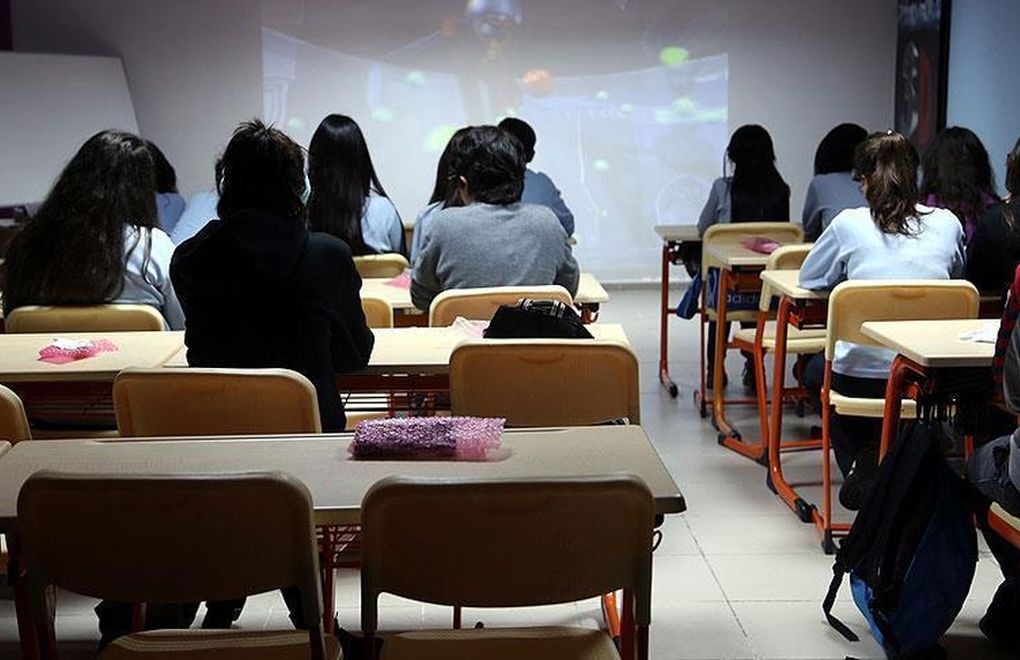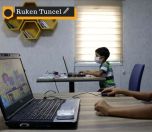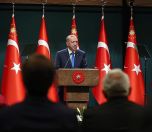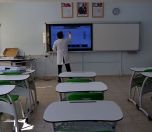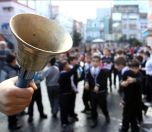Click to read the article in Turkish
The Socio-Political Field Research Center conducted surveys with the participation of 159 parents in Turkey's southeastern province of Diyarbakır.
Amid a recent surge in the novel coronavirus (COVID-19) cases and deaths, the surveys of the center aimed to find out how students and parents have been affected by the pandemic, especially in terms of education, and what they think about and expect from distance education.
In his latest statement about the issue, Minister of Education Ziya Selçuk said that the new school year would begin on August 31 with distance education, which would be followed by a gradual transition to face to face education as of September 21 with fewer number of students in class.
'65 percent don't find distance education beneficial'
Conducted from August 28 to September 2, 2020, the report of the center has revealed the following findings:
* While 66.7 percent of the participants of the surveys were men, 33.3 percent of the parents were women. The highest rate of participants was in the 35-44 age group with 48.4 percent. 86.2 percent of participants were married. While 53.5 percent were university graduates, 22.6 percent were high school graduates. While 42.8 percent have one student in primary or secondary education, 32.7 percent have 2 students.
* 56.6 percent of the participants said that "dealing with the education-care etc. of their children during the pandemic" affected them negatively. 20.8 percent said that it affected them positively.
* While 40.2 percent said that it was mostly the mother who cared for the children's education etc. inside the home during the pandemic, 39.6 percent said that mother and father took turns in taking care.
* 86.8 percent of the participants said that they were not happy with the distance education provided by the Ministry of National Education on televisions and the Internet. 86.2 percent said that during the pandemic, they came to realize that the education at schools was more beneficial. 63.5 percent of parents indicated that their children did not find the lessons taught on TV and Internet by the Ministry beneficial.
* Moreover, 78 percent of the participants said that their children had a comfortable study environment at home and 81.8 percent said that they had Internet infrastructure in their households.
* 61 percent said that their children had a computer where they could follow distance education. While 38.3 percent said that their children received distance education on computer, 18.2 percent said that they received it on TV and 16.4 percent said on smartphones.
* When they are asked whether their children are willing for the schools to open, 69.2 percent have answered in the affirmative. 67.9 percent think that their children's schools lack the infrastructure necessary to ensure social distance. 69.2 percent do not believe that measures such as cleaning and masks will be taken frequently and safely.
* When the participants were asked, "How do you think your child's education should be in this process," they answered as follows:
Face-to-face education in classrooms and schools where social distance and hygiene conditions are ensured (56 percent); distance education by teachers by making sure that all students can access it and enriching the content of the education (33.3 percent); no face-to-face education and no distance education if the necessary online infrastructure is lacking (7.5 percent); private education to be provided by parents at home (3.1 percent)
CLICK - The full report (in Turkish)
(EMK/SD)




